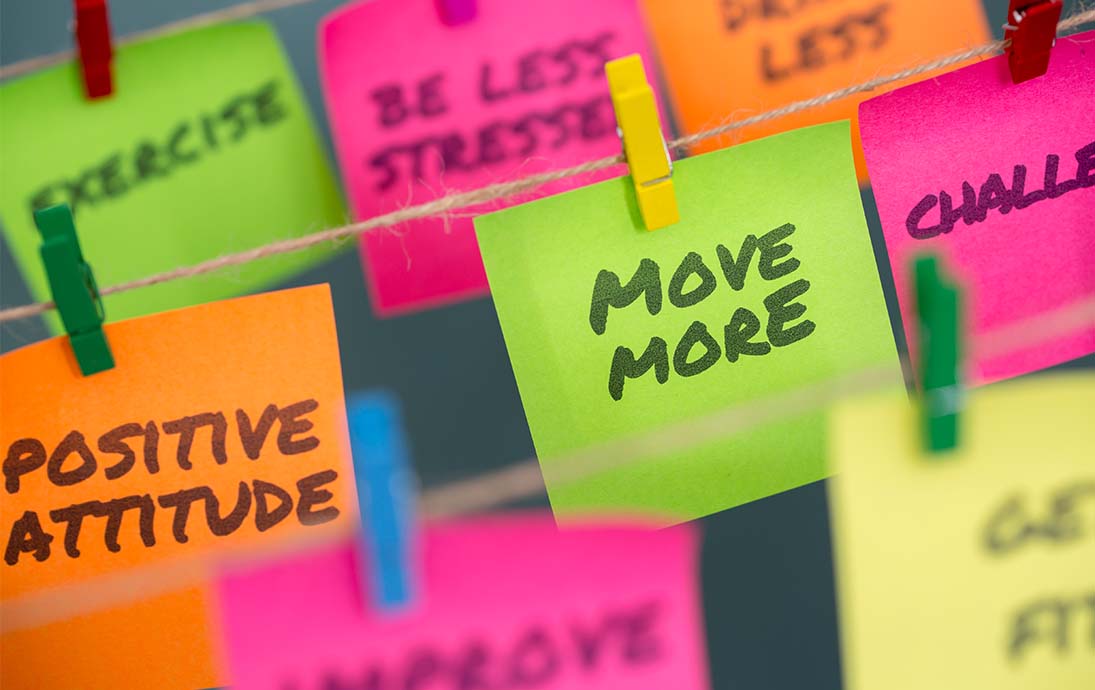.png)
Depression and anxiety can drain your energy, blur focus, and be an obstacle to productivity and happiness. Coping with the effects of depression and anxiety are deeply personal. Taking a first step, however small, helps you take control and can give you a sense of power and hope. If you think you are alone in your mental health journey, you’re not. Let’s take a look at COVID-19’s monumental impact on mental health and the many people who have turned to their physicians for help during this past, unprecedented year, that has been emotionally taxing for many.
Millions of Americans suffer from mental illness every year. The National Alliance on Mental Illness (NAMI) estimated that 43.8% of U.S. adults with mental illness received treatment in 2019 and that more than 50% of youth (6-17 years) with a mental health disorder received treatment. And in 2020, the numbers saw an upward trend.
A look at 2020 antidepressant data
One of PHP’s pharmacy partners, Express Scripts, has shared the following data:
- The number of prescriptions filled per week for antidepressant, anti-anxiety and anti-insomnia medications increased 21% between February 16 and March 15, 2020. The greatest increase was in prescriptions for anti-anxiety medications, which rose 34.1% from mid-February to mid-March, 2020.
- More than three quarters (78%) of all antidepressant, antianxiety and anti-insomnia prescriptions filled during March of 2020 were for NEW prescriptions.
Express Scripts also shared, “The rise in anti-anxiety medications is particularly striking given data which found that the use of these drugs had been declining over the past five years.”
Additionally, the use of antidepressants by adolescents escalated in the past five years.
- Antidepressant medication use among teens (13-19) rose 38% from 2015 to 2019. This dramatic increase in antidepressant use was seen among both boys and girls, but the ratio use remained relatively constant with twice as many girls (10.2%) than boys (5.7%) taking an antidepressant in 2019.
Express Scripts states, “While there’s evidence that more teenagers and young adults are suffering with mental health conditions than past generations, they also are getting access to help and receiving needed treatment.”
How do antidepressants work?
The nerve cells in our brain use various chemicals to communicate. Much is not known about this process, but experts believe that depression is caused by an imbalance of certain chemical messengers (neurotransmitters) like serotonin, which means that communication does not happen, as expected. Antidepressants make chemicals available to the brain that facilitate this communication and different drugs manage this communication in different ways.
Opinions vary on how effective antidepressants are in relieving the symptoms of depression. Some people doubt that they work well, while others consider them to be essential. Like with many other treatments, these medications may help in some situations and not in others. They can also have side effects. It is important to discuss the pros and cons of antidepressants with your doctor and to follow their recommendation for use.
PHP health plans include coverage for antidepressant medications. Don’t hesitate to talk to your doctor if you have mental health concerns that may benefit from medication and therapy.
.png)
The ripple effect of mental illness
Mental Health America’s report, “2021 State of Mental Health in America” cited the findings from January to September 2020, including the number of people looking for help with anxiety and depression had skyrocketed as much as a 62% increase. These findings are troublesome as mental health issues can lead to many other social and health concerns and complications.
When one person is struggling with mental health issues, their behavior can impact an entire family. This, in turn can affect communities through emergency service calls, earnings, and incarceration rates. Additionally, mental health issues are tied to overall health and well-being. It’s important to address mental health issues to prevent further consequences. Consider these statistics:
- People with depression have a 40% higher risk of developing cardiovascular and metabolic diseases than the general population. People with serious mental illness are nearly twice as likely to develop these conditions.
- 18.4% of U.S. adults with mental illness also experienced a substance use disorder in 2019 (9.5 million individuals).
- The rate of unemployment is higher among U.S. adults who have mental illness (5.8%) compared to those who do not (3.6%).
- High school students with significant symptoms of depression are more than twice as likely to drop out compared to their peers.
Find a health care provider for treatment
Treatment for mental illnesses usually consists of therapy, medication, or a combination of the two. Treatment can be given in person or through a phone or computer. It can be difficult to know where to start when looking for mental health care, but a good place to start is your primary care physician. Your doctor can be an important resource, providing initial mental health screenings and referrals to mental health specialists. If you have an appointment with your primary care provider, consider bringing up your mental health concerns.
If you are seeking treatment
If you or someone you know has a mental illness, is struggling emotionally, or has concerns about their mental health, there are ways to get help. Use the following resources to find help for you, a friend, or a family member.
- Call 911 if you or someone you know is in immediate danger or go to the nearest emergency room.
- National Suicide Prevention Lifeline
Call 1-800-273-TALK (8255); En Español 1-888-628-9454
The Lifeline is a free, confidential crisis hotline that is available to everyone 24 hours a day, seven days a week.
- Crisis Text Line
Text “HELLO” to 741741
The Crisis Text hotline is available 24 hours a day, seven days a week throughout the U.S.
- Veterans Crisis Line
Call 1-800-273-TALK (8255) and press 1 or text to 838255
The Veterans Crisis Line is a free, confidential resource that connects veterans 24 hours a day, seven days a week with a trained responder.
- Contact social media outlets directly if you are concerned about a friend’s social media updates or dial 911 in an emergency.
- Additional resources can be found on PHP's website here.


